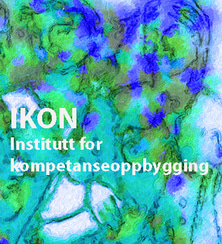Linguistic Brain Therapy, LBT
Chapter 11. Ethic
Abstract
In linguistic brain therapy (LBT), it is an ethical requirement to protect clients from psychological pain. It isconsidered inhumane to let a person suffer when it is possible to reduce their pain. The goal is to decrease psychological distress whenever possible. However, it’s important to note that treatment itself can sometimes increase a client’s contact with psychological discomfort and unpleasant experiences, as the focus is persistentlyon their distress during assessment and treatment. This may cause anxiety to spread to other areas of their life,resulting in more hours of experiencing anxiety or other psychological pain.
Another reason to protect clients from anxiety is that it hinders their ability to undergo the process of change thatthe therapist invites. Psychological pain can create a divided focus, making it challenging for the client to fully concentrate on the treatment. Additionally, if anxiety or unease accompanies the change process, it can impact theeffectiveness of the changes attempted, leading to poorer treatment outcomes or even exacerbating psychologicaldistress. Clients may hesitate to discuss their psychological distress if they feel it doesn’t serve any purposein the treatment. Therefore, it is crucial to reduce or eliminate the client’s anxiety by shifting their focus andhelping them gain control over how they experience past traumatic events, depression, or grief before initiating thework of change.
It’s important to recognize that the methods used in LBT themselves are not inherently ethical. If misused orimplemented in the wrong order, they can potentially increase psychological pain rather than promoting well-being and
increased mastery. Therefore, therapists must be aware of the mental processes they initiate in their clients to ensure ethical and effective treatment.
philipdammen4@gmail.com
(+47) 94294327
Socials
Contact
Philip Dammen, Dr. Philos
Founder of IKON / researcher, therapist, and emeritus assistant professor in pedagogy at the Norwegian Academy of Music


